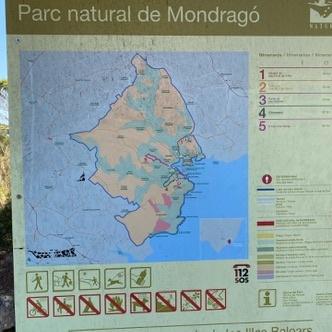How do local conservation efforts in Mallorca address the challenges posed by irregular rainfall for visitors interested in eco-tourism?
Similar Topics
mallorca conservation efforts
irregular rainfall challenges
eco-tourism mallorca
sustainable water usage
rainwater harvesting
serra de tramuntana
native vegetation restoration
biodiversity protection
Local conservation efforts in Mallorca have increasingly focused on managing the challenges posed by the island’s irregular rainfall, which significantly affects both natural ecosystems and visitor experiences. The Mediterranean climate of Mallorca is characterized by dry summers and sporadic, sometimes intense, rainfall events during autumn and spring. This variability can lead to water shortages, increased fire risk during dry periods, and soil erosion when heavy rains do occur. Conservation programs work to mitigate these effects by promoting sustainable water usage and investing in infrastructure that captures and stores rainwater, ensuring a more stable supply for agriculture, natural habitats, and tourist facilities alike.
For visitors interested in eco-tourism, these efforts translate into maintained trails, protected natural reserves, and educational opportunities that highlight the island’s fragile environment. Protected areas such as the Serra de Tramuntana Biosphere Reserve incorporate water management strategies that help sustain local flora and fauna despite irregular precipitation. Many eco-tourism operators collaborate with conservation groups to offer guided experiences that emphasize the importance of water conservation and educate tourists on how to minimize their environmental footprint. By supporting local biodiversity through careful stewardship of water resources, Mallorca provides a more consistent and enriching experience for nature-focused travelers even during dry spells.
Additionally, the restoration of native vegetation plays a crucial role in reducing soil erosion, helping the land retain moisture and maintain ecological balance. This creates more resilient landscapes that better withstand periods of drought and heavy rains, thus preserving the beauty and accessibility of natural sites for visitors. Through these combined approaches, Mallorca’s local conservation efforts not only protect the environment but also enhance the sustainability and appeal of eco-tourism. In this way, the island exemplifies a thoughtful response to climate challenges, balancing visitor interest with ecosystem health for the long term.
For visitors interested in eco-tourism, these efforts translate into maintained trails, protected natural reserves, and educational opportunities that highlight the island’s fragile environment. Protected areas such as the Serra de Tramuntana Biosphere Reserve incorporate water management strategies that help sustain local flora and fauna despite irregular precipitation. Many eco-tourism operators collaborate with conservation groups to offer guided experiences that emphasize the importance of water conservation and educate tourists on how to minimize their environmental footprint. By supporting local biodiversity through careful stewardship of water resources, Mallorca provides a more consistent and enriching experience for nature-focused travelers even during dry spells.
Additionally, the restoration of native vegetation plays a crucial role in reducing soil erosion, helping the land retain moisture and maintain ecological balance. This creates more resilient landscapes that better withstand periods of drought and heavy rains, thus preserving the beauty and accessibility of natural sites for visitors. Through these combined approaches, Mallorca’s local conservation efforts not only protect the environment but also enhance the sustainability and appeal of eco-tourism. In this way, the island exemplifies a thoughtful response to climate challenges, balancing visitor interest with ecosystem health for the long term.
🧩 Related Questions
Related Question
In what ways can you experience the coastline of Mallorca beyond just the beaches?
Related Question
What lightweight camping equipment is advisable for overnight stays in Mallorca’s remote wilderness?
Related Question
How does communal gardening or agricultural cooperation impact sustainability efforts in Mallorca?
